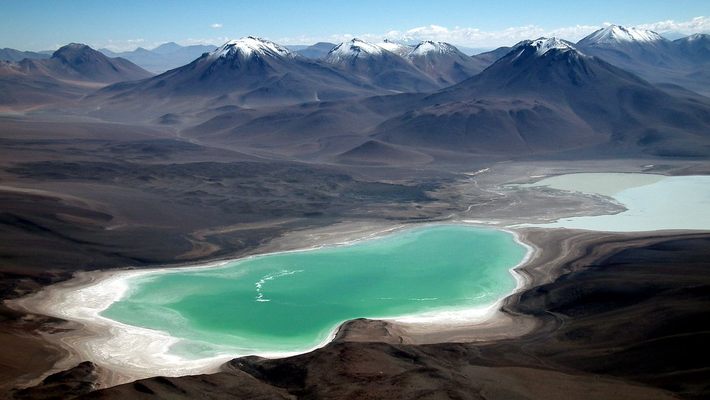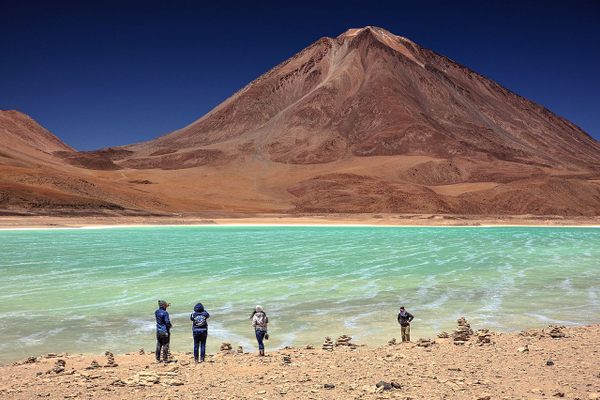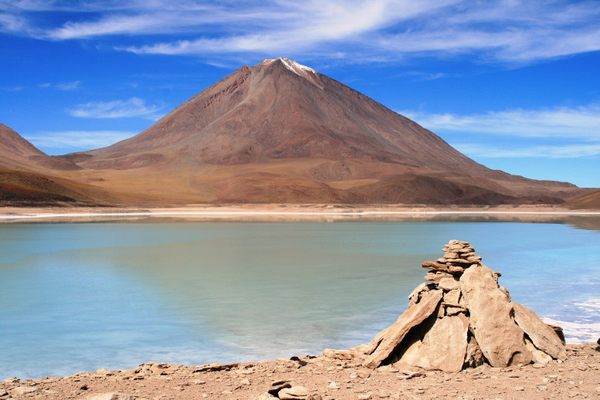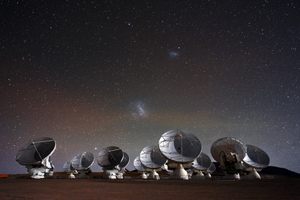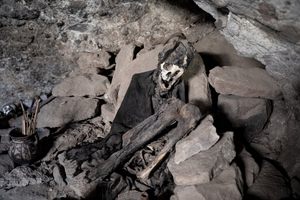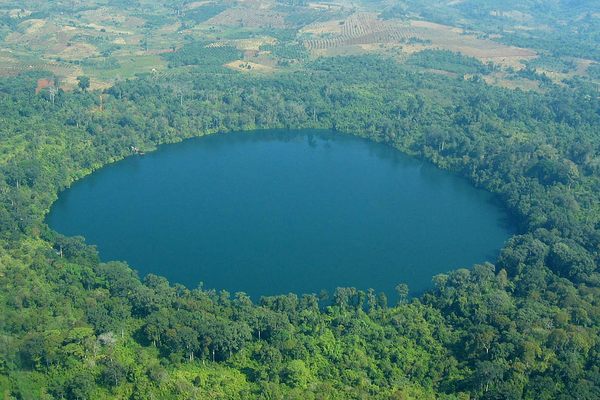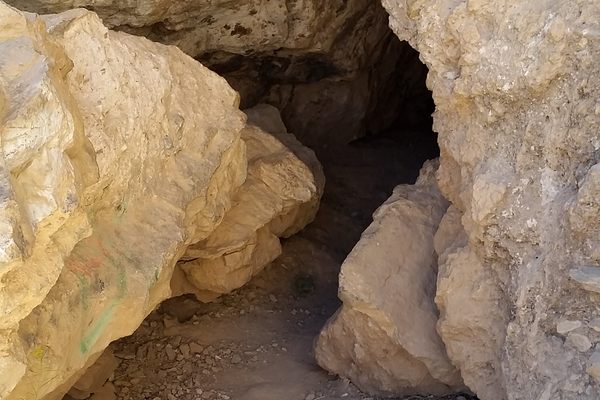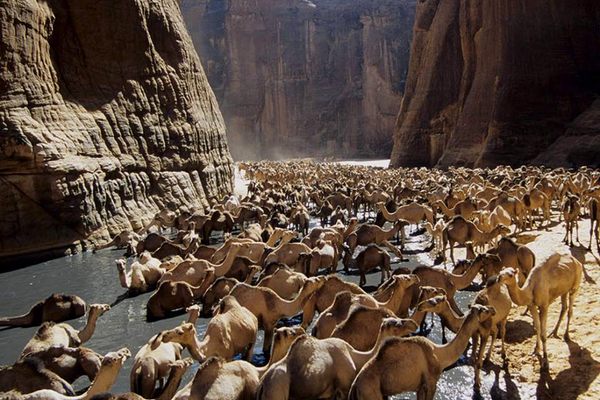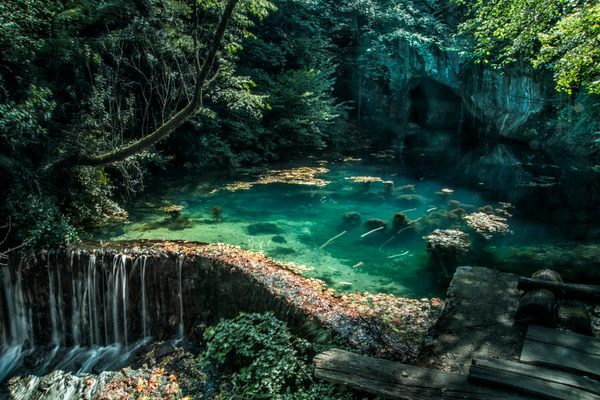About
Laguna Verde lies in the extreme southwest of Bolivia, not far from the border with Chile. Depending on the strength of the winds, which whip up the water, minerals, and sediments within it, the color of the lake ranges from a tranquil turquoise to a brilliantly frothy emerald.
The Altiplano, or high plains, region of Bolivia is known for its spectacular landscapes. The most famous of them all is Salar de Uyuni, the largest salt flat in the world. And to the south of the salt flats lie a series of high altitude lakes, many of which are known for—and named after—their distinct colored waters.
Laguna Colorada is arguably the most famous lake in the region, both for its striking red waters and the thousands of pink flamingos who come to feed on its plankton. About 40 miles south of Laguna Colorada lies Laguna Verde, a smaller but no less spectacular lake with distinctly different characteristics.
Laguna Verde, as the name suggests, is very, very green. And at times it looks… kind of toxic. Which is why flamingos choose not to feed in this particular lake.
Laguna Verde has high concentrations of lead, sulfur, arsenic and calcium carbonates, making it less than appealing to all but the most resilient extremophiles. And due to the high mineral content, the waters of Lake Verde can remain liquid at temperatures as low as -6.16 degrees Fahrenheit (-21.2 degrees Celsius). But these same minerals give the lake its fantastic green color, making it a hotspot for photographers and fans of strange scenery.
The picturesque nature of Laguna Verde is further enhanced by the presence of Volcán Licancabur, a stratovolcano whose near perfect cone rises up less than three miles to the southwest of the lake. Licancabur is considered a holy mountain, and archaeological sites have been found on its slopes and summit crater, which is said to have once concealed an Inca crypt.
Related Tags
Know Before You Go
Laguna Verde is located inside the Eduardo Avaroa Andean Fauna National Reserve in the extreme southwest of Bolivia, in the Sur Lípez Province of the Potosí Department. A narrow causeway separates Laguna Verde from the neighboring Laguna Blanca (White Lake), whose white color is also the result of minerals in the water. Many tourists visit the lakes during a multiday tour, which is often combined with Salar de Uyuni. The best time to visit Laguna Verde is during the dry season from April to September. Always take warm clothing, as the high altitude and strong winds can make for some extremely chilly conditions even when the sun is shining brightly (so don’t forget your sunscreen, either).
Community Contributors
Added By
Published
October 8, 2019
Sources
- https://www.lonelyplanet.com/bolivia/attractions/laguna-verde/a/poi-sig/1529859/363120
- https://www.thediscoveriesof.com/laguna-verde-bolivia/
- https://www.diariodelviajero.com/america/la-laguna-verde-de-potosi-bolivia
- https://www.telegraph.co.uk/travel/destinations/southamerica/bolivia/5756634/Laguna-Verde-Bolivia-One-minute-wonder.html
- https://www.salardeuyuni.com/laguna-verde/
